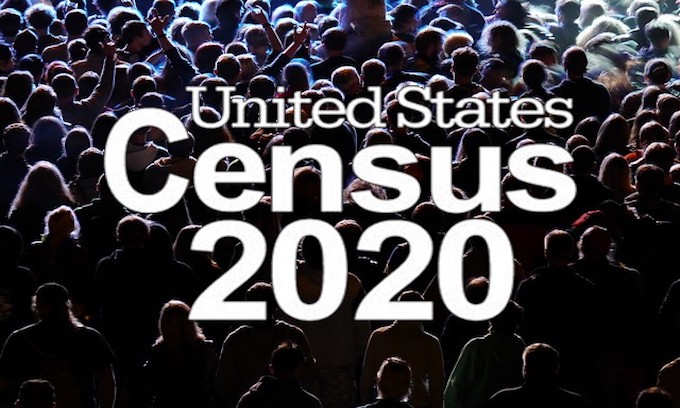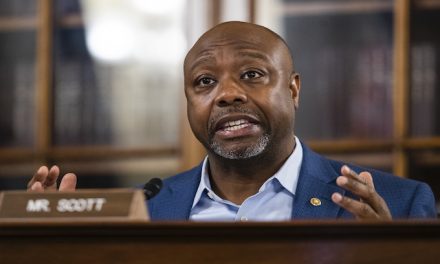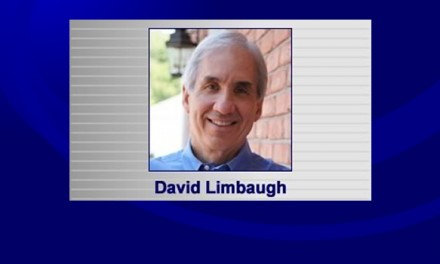We’ve been told by Democrats presuming to know all about such things that open borders comprise a matter of high morality. What they don’t say is that open borders are actually a matter of political power and money. As the 2020 census approaches, states are preparing to beat the bushes to turn up every last resident because the official tally will determine their number of seats in the U.S. House of Representatives, which translates into the size of each state’s piece of the national funding pie. Unless the U.S. Supreme Court intervenes, the difference between getting more and less could be determined by noncitizens, including illegal immigrants.
Twelve states are on the bubble — within 2 percent of a population count that would alter their number of congressional seats, according to Election Data Services. California and Illinois are within 0.4 percent, followed by Minnesota, New York, Ohio and Alabama, all within 0.8 percent. Idaho, Montana, Texas, Florida, Virginia and Washington range between 1.0 percent and 1.9 percent.
In California, the largest state by population, for the first time ever risks losing a congressional seat, according to the calculations of Pew Charitable Trusts. In order to hang onto its current 53 House seats, California must come up with an additional 144,000 persons.
That could be difficult. Between 2007 and 2016, California suffered a net loss of about 1 million residents; 130,000 more left in 2017. Of the state’s 39 million inhabitants, as many as 2.6 million have arrived uninvited, according to the Public Policy Institute of California.
What to do? The new Democratic governor, Gavin Newsom, in his State of the State address in January declared California a “sanctuary to all who seek it.” He has joined 15 other states in a lawsuit to block President Trump’s emergency declaration to pay for a wall on the border with Mexico.
California has set aside $100 million, with plans for another $54 million, to persuade Californians to participate in the 2020 census. All told, the state has done everything short of hanging an open-house sign, with balloons, bells and whistles on the border, to make citizens and noncitizens alike feel right at home. It’s all in the name of protecting political clout in Washington.
Illinois has been hemorrhaging people, too, an average of 65,000 residents a year for decades, reports the Chicago Tribune. That number is expected to grow by 114,000 for 2018. Facing this “Illinois Exodus,” Gov. Bruce Rauner signed the Trust Act in 2017, making the state more immigrant-friendly. State officials hope the Illinois Complete Count Commission, which has requested $25 million in funding, won’t fall more than 45,000 short of scaring up its projected head count: To do so would cost Illinois two House seats.
It’s not just a matter of representation in Washington. Further dependent on population is each state’s portion of funds from 55 major federal programs — Medicaid, highway funds, food stamps and such — that totaled $883 billion in fiscal 2016.
Some states vying for goodies are less enthused by the prospect of relying on illegals to boost their representation. Republican-majority Texas, Florida and Arizona are balking at matching California’s expensive census campaign and count on a Supreme Court ruling to nullify the attempt to swell population figures by importing people of other nations.
The high court is expected to decide by June whether the 2020 census may include a citizenship question. The Trump administration’s proposal to include the question on the decennial survey was quickly met with a legal challenge by more than two dozen states and cities that claim the question could discourage illegal residents, out of fear of being discovered, from completing the census form.
The 14th Amendment to the U.S. Constitution sets out that “Representatives shall be apportioned among the several States according to their respective numbers.” The court must judge whether illegals ought to be added to the “numbers.”
Morality, like beauty, lies in the eye of the beholder. Less easily bewitched, common sense says the inclusion of noncitizens in the census provides states with an incentive to pad their tally with those with no official status in the United States, effectively robbing citizens of both representation and money. The Framers would be appalled, and we are, too.
© Copyright (c) 2019 News World Communications, Inc.
—-
This content is published through a licensing agreement with Acquire Media using its NewsEdge technology.



















Recent Comments